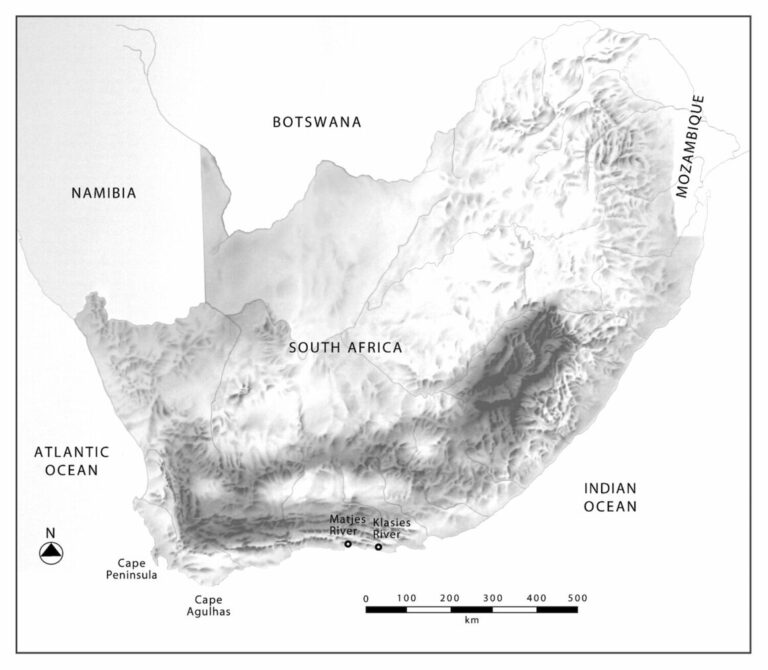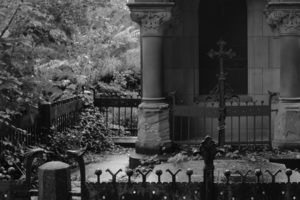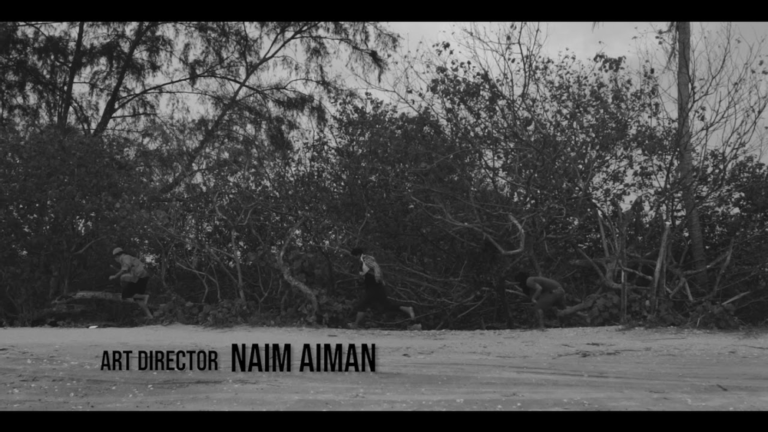Short Films in Focus: The Oscar-Nominated Short Films of 2021

Like the main character in one of this year’s nominees, I feel like I’m experiencing a “Groundhog Day”-like loop when I cover the Oscar Shorts nominees every year. We have a Kid-In-Peril storyline for the Live Action category, confounding animated shorts that will surely lose out to the cute Pixar/Disney offering, and documentaries of great urgency that will render the viewer into a crippling state of helplessness. But there’s also talent to be discovered, which is always the rewarding take-away here. Thanks to Shorts.tv and their efforts to bring the nominees to the masses, you can discover the talent, debate the merits of the nominees and, of course, be well-informed as you fill out the ballot for the Oscar pool.
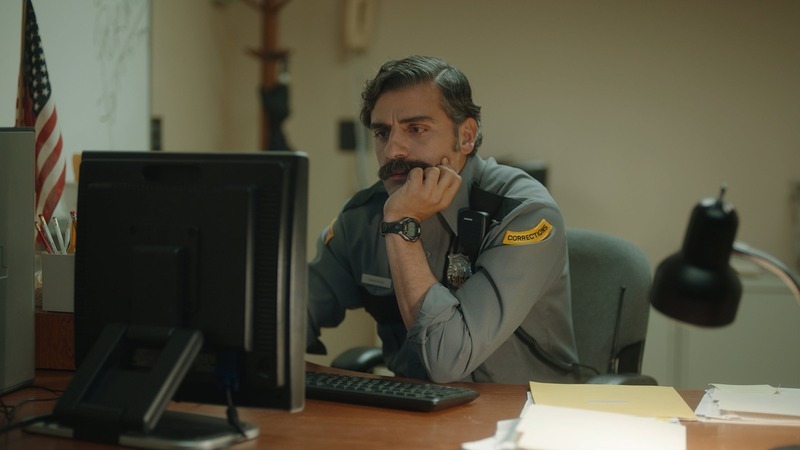
Live Action Shorts
“Feeling Through” – Doug Roland’s film has the kind of storyline that fits the format well. A homeless youth named Tereek (Steven Prescod) texts his way through the night, trying to find a place to stay. An encounter with a DeafBlind man (Robert Tarango) leads him to a journey toward self-discovery and, in a small way, redemption. Well-acted and empathetic toward both characters, there’s a nice underlying theme about forms of communication and how we take them for granted. In the end, it’s still about how this encounter will change Tereek, but once these two find a way to talk to one another, the film takes shape nicely. It’s also notable for the first film to feature a DeafBlind actor in a leading role. (19 min.)
“Two Distant Strangers” – “Groundhog Day” gets the #BlackLivesMatter treatment as a Black cartoonist named Carter (Joey Bada$$) tries to get home to his dog, only to run into the same racist cop (Andrew Howard) who kills him at every turn. Directors Trevon Free and Martin Desmond Roe have found a great way to use the concept to make a point about police brutality and racism, but their noble efforts can be phony and cartoonish when it comes to every interaction between Carter and the police officer. The intentions become too obvious and the impact of the closing credits sequence loses its urgency. Bada$$’s performance is quite good, though. (29 min.)
“The Letter Room” – This one I would love to see as a feature. I’m a sucker for films about very specific jobs people have and when they are portrayed with detailed authenticity, and this tale of a corrections officer assigned to read incoming prisoner mail is one that fits that bill. Oscar Isaac plays the officer who gets involved with a series of letters to an inmate from an old girlfriend (Alia Shawkat). Writer/director Elvira Lind has crafted a beautifully acted character study that leaves an imprint on the viewer. It’s the best of the bunch. (32 min.)
“The Present” – This is the closest we get to a Kids In Peril short, which has become a yearly tradition in this category. A father and daughter must get through a security checkpoint before they can go grocery shopping and buy a new fridge. The same challenge presents itself on the way back. Farah Nabulsi has made a very good film that could be used as a springboard for debates on border security, but the themes of feeling helpless in front of your own kids is what penetrates and lingers most. (25 min.)
“White Eye” – A single-take short about a man (Daniel Gad) who discovers his bike, which was stolen a month ago. He calls the cops and the new owner claims he just bought the bike a week ago. It takes a long time before anyone asks him where he bought the bike and from who, which can make this film a bit frustrating. But it does succeed in not letting the technique take center stage, and it’s an effective tale of how a line of questioning can lead to unfortunate circumstances. (21 min.)

Animated Shorts
“Burrow” – The folks at Pixar have created another delight, this time in 2-D form. A little rabbit tries to burrow a new home for herself underground, but has to contend with the space that is already occupied by several other small inhabitants. Disaster ensues. Tradition dictates that this short directed by Madeline Sharafian will win the night—no matter the quality of everything else nominated, the award always goes to the most kid-friendly of the bunch (you can’t get more of a sure thing than a Pixar product with cute animals). I hope I’m wrong this year. (6 min.)
“Genius Loci” – Some people can watch a short like this and know exactly what it’s about after watching it only once. I admit I’m not one of those people (or maybe it’s my 13th short of the day and I need a rest). Regardless, I found just looking at Adrian Merigeau’s film to be a reward in itself. The kaleidoscopic visual landscape is enough to marvel at as a young loner makes her way through a psychedelic cityscape over the course of an evening. (18 min.)
“If Anything Happens I Love You” – Full disclosure (again): I know one of the directors (Govier), and I wrote about this film back in December. I don’t know if it has the ability to break the Academy’s stubborn tradition of letting the members’ kids decide the winner (that’s my theory, anyway), but I do know that no one has ever left this movie without feeling deeply affected by it. I’m rooting for it to win, obviously, but I think I would anyway. Directed by Michael Govier and Will McCormick. (12 min.)
“Opera” – Your eyes cannot possibly take in everything that is happening in Erick Oh’s stunning “Opera,” which depicts an orderly society, seemingly floating through space as we witness swarms of worker bees, war, death, birth, and aspects of society as a whole. There are so many little stories going on that one viewing is not enough here, but it’s a mesmerizing world that has been created. Of all the films out of all these blocks, this is the one I wish I could have seen on the big screen. (9 min.)
“Yes People” – This Icelandic short depicts a day in the life of working-class inhabitants of an apartment building. It’s the kind of animation style where every facial and bodily feature of every character is greatly exaggerated, making it difficult to connect to any of them. Like a “Shaun the Sheep” film, the characters don’t really speak either, but mutter (everyone says “Já” at some point, which is Icelandic for “yes”). It has moments of charm, but I found it ultimately unmemorable. Directed by Gísli Darri Halldórsson. (8 min.)
(This program features three more animated shorts not nominated)
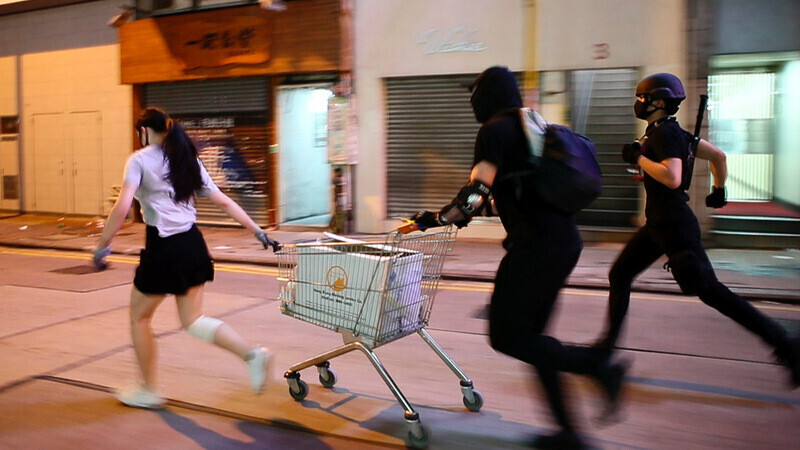
Documentary Shorts
“A Concerto Is A Conversation” – We start with a sentimental New York Times OpDoc, in which a young composer (Kris Bowers) (composer of the score for “Green Book”), debuts his concerto in Los Angeles in February, 2020. The story that takes center stage, though, is one in which he and his 91-year-old grandfather talk about the Jim Crow past and how that eventually led to the lives they both lead today. Certainly, Bowers Sr.’s story is a fascinating one, but the doc is hindered by too many moments that feel, well, orchestrated instead of genuine. Directed by Kris Bowers and Ben Proudfoot. Our contributor Laura Emerick wrote more about the short film here. (13 min.)
“Colette” – Seventy-five years after a small French resistance fought against Nazi occupation, a surviving member of that resistance, Colette Marin-Catherine, travels back to a concentration camp in Germany where her brother died. With her is a young woman documenting the journey for a project that traces the histories of those who died there. “Colette” is a delicate and personal journey that makes one think about the importance of remembrance for the sake of documentation, while those who witnessed it are trying to forget. The inner tug-of-war going through Colette as she struggles with the complexity of it all is fully felt. Directed by Anthony Giacchino. (25 min.)
“Do Not Split” – At first, Anders Hammer’s documentary about protests in Hong Kong against the Chinese government policies and occupation will have echoes of the George Floyd protests last year, but the scope of the documentary is much bigger than that. The film chronicles months of protests starting in the fall of 2019 and ending just as the pandemic hits, which of course, ends up changing policies all over again. Hammer’s film is made up largely of on-the-ground protest footage as riot police brutality brings about more chaos and turns the streets of Hong Kong into a full-on war zone. A hypnotic experience. (35 min.)
“Hunger Ward” – This film is a loud cry for help from the nurses in Yemen who are facing a modern-day holocaust on a daily basis. As war rages in Saudi Arabia, humanitarian aid cannot get into Yemen and, thus, children are dying in hospitals every day from malnutrition. Director Skye Fitzgerald focuses on two nurses and two young girls who are probably safer in the ward than outside where bombings happen like clockwork. What can you do but cry? The third in Fitzgerald’s “Refugee Trilogy” (which started with “50 feet From Syria” and “Lifeboat,” which was also nominated for an Oscar). (40 min.)
“A Love Song For Latasha” – This documentary brings back to light 15-year-old Latasha Harlins, whose murder was the real catalyst for civil uprising in South Central Los Angeles in the early ‘90s. With stories recounted by her best friend and cousin, director Sophia Nahli Allison creates a beautifully woven tapestry of images from the era and recreates it with VHS particles dotting the screen to cement us in the place and time. An effective, moving and heartbreaking account of a life lost, it is essential that this story be told again. (19 min.)

